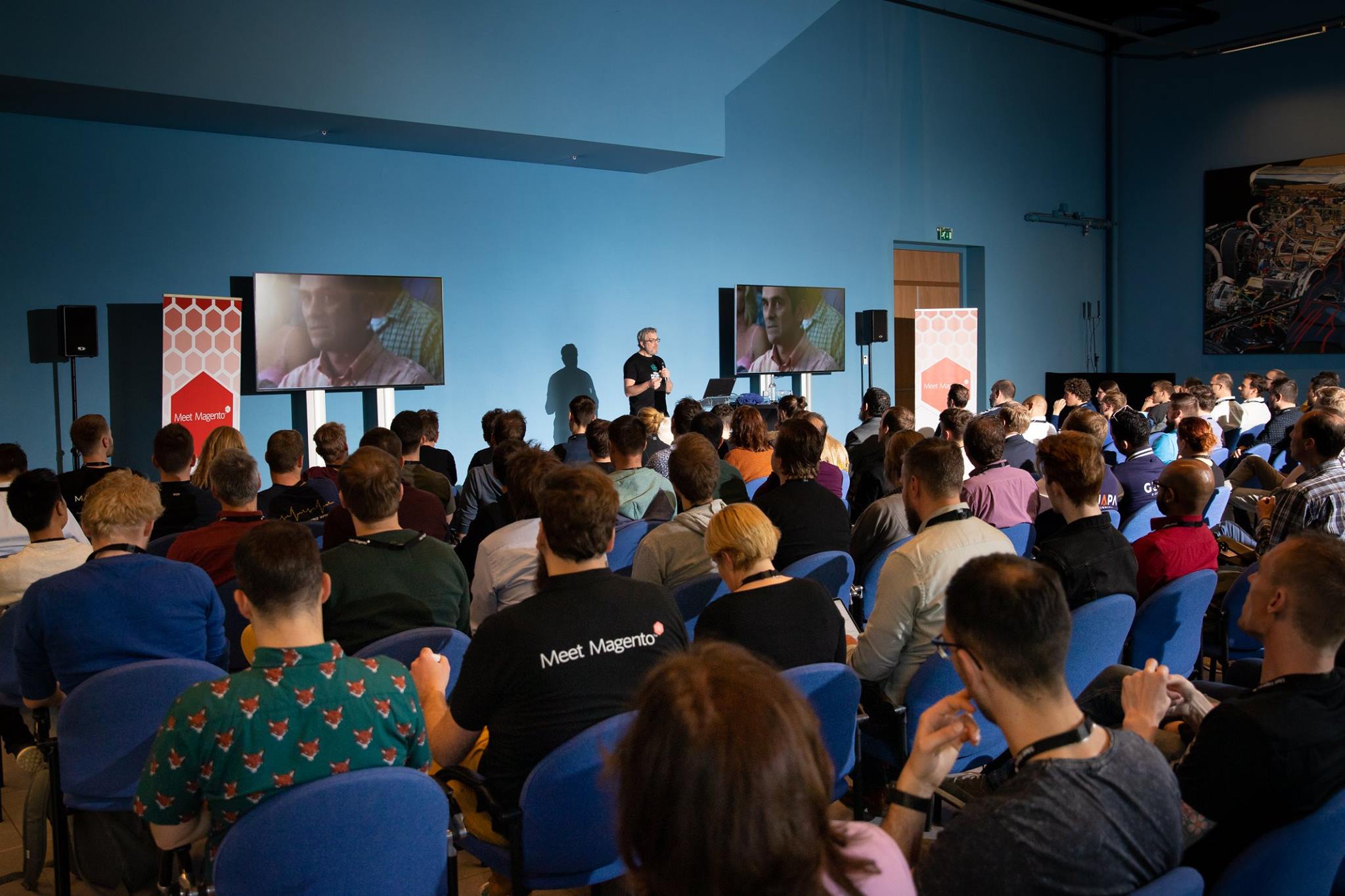
Vue Storefront 1 Fundamentals course
Learn how to build your own VSF1 shop and customize everything
Learn how to build your own VSF1 shop and customize everything
Vue Storefront has taken the Magento ecosystem by surprise: Its usage of Vue makes it easy to start with, while its flexible architecture offers much more for the experienced Vue developer. This training will guide you in the process of building VSF shops, complete with extensions for the VSF API and shareable building blocks.
9+
Hours of video
61
Lessons
419
Pages

Your teacher Jisse Reitsma
Jisse Reitsma is the main man behind Yireo. Author, trainer and developer. He is board member of Mage-OS Nederland and a three-times Magento Master.
Pick your On-Demand Magento video course
And you can start right away
- Full access to this course
- More than 9+ hours of video
- Student notes of 419+ pages
- Learn at your own pace
- Access to 93+ hours of Magento courses
- Student notes of 5212+ pages
- Ideal if you want to grasp everything
- Everything under On-Demand Bulk
- Costing €6 per hour (or lower) per person
- Continuously upgrade your teams knowledge
Or go for a teacher-led session
Because everyone has different needs
- Everything under On-Demand Standard
- Economical for groups of 5 and more
- Freely debate company-specific topics
- On-site at your company office
- Everything under On-Demand Standard
- Ideal for online or hybrid teams
- Recordings available afterwards
- Online via Zoom, Teams or similar
Magento training topics
Explore your topics of choice
- Introducing Vue Storefront
- Organizing the stack in development
- Preparing for the PWA
- A mental checklist for the stack
- Installing the Vue Storefront 1 PWA
- Starting with the Vue Storefront 1 PWA
- Installing the Vue Storefront 1 API
- Setting up Redis
- Introduction to ElasticSearch
- Setting up ElasticSearch
- Using ElasticSearch 7
- Setting up Kibana
- Configuring ElasticSearch in PWA & API
- Setting up Magento 1
- Setting up the Magento 1 indexer
- Setting up VSBridge for Magento 1
- Configuring Magento 1 in the API
- Setting up Magento 2
- Setting up the Magento 2 indexer
- Setting up a data push with Mage2VueStorefront
- Configuring the VSF1 API for Magento 2
- Switching themes
- Adding Capybara
- Creating a new theme
- Working with Storefront UI
- Working with Lerna
- Modifying routes
- CMS Blocks
- CMS Pages
- Layouts and templates
- Adding Vue plugins
- Adding new product attribute
- Exploring Capybara's code
- Exploring Capybara's homepage Vuex store
- Handling multiple languages
- Vue essentials
- Dealing with Vue mixins
- Dealing with Vue slots
- Dealing with Vue events
- Dealing with Vuex
- Understanding the PWA configuration
- Faster local compilation
- Working with GraphQL
- Understanding SSR
- Vocabulary of modules
- Finding extensions
- Overview of PWA modules
- Creating a PWA module
- What is a PWA module able to do?
- Extending routing using a PWA module
- Creating a custom Vuex store
- Extending an existing Vuex store
- Example: Dealers
- Introduction to ExpressJS
- ExpressJS middleware
- Extending the API
- Order2Magento
- Magento 2 REST calls
- Running the stack in production
- Using PM2
- Performance
Or browse through all lessons in our courseware portal
17m 39s
12m 49s
08m 03s
04m 14s
11m 00s
11m 49s
09m 04s
09m 29s
15m 42s
06m 19s
05m 16s
10m 05s
10m 00s
04m 11s
08m 44s
06m 20s
06m 14s
09m 13s
09m 50s
10m 56s
05m 33s
03m 47s
08m 23s
14m 35s
07m 44s
04m 40s
11m 26s
02m 57s
02m 27s
11m 58s
17m 03s
12m 32s
10m 02s
17m 10s
10m 02s
03m 49s
06m 04s
13m 12s
13m 38s
17m 09s
06m 29s
07m 56s
11m 48s
11m 56s
06m 06s
08m 33s
07m 42s
06m 47s
08m 03s
04m 35s
05m 57s
05m 28s
17m 38s
07m 34s
07m 48s
09m 17s
04m 32s
06m 43s
10m 41s
16m 42s
16m 38s
These videos are available as an On-Demand video training (with notes). See the pricing for details.

Target group
- Vue frontend developers
- Magento frontend developers

You will notice Jisse his knowledge and experience in just a few moments. Despite the many topics, there is still depth that gives you that little bit of extra information to improve your work. These courses are highly recommended!Tristan Nederhoff (Vendic)

Requirements
- Skilled in Vue (routing, slots, events, Vuex)
- Ability to run Docker images via docker-compose
These are the options we give you
At your place or ours?
Everyone learns at her/his own pace. We provide both in-house training and public training throughout Europe - whatever suits your team best. When 3 or more developers are attending, a custom training is often more economical. Contact us for more details.
You'll get courseware
Every workshop is accompanied with official Yireo coursematerial. Attendees are sent a digital version of this material after the training. It contains slides, comments and references. Additionally, our GitHub repos contain numerous more code samples.
Online classrooms
Online trainings are also our training: Via Zoom or Google Hangout sessions, our teacher is able to connect with your team. The benefit here is that the team is able to connect from various places itself as well, timeframes are more flexible. Afterwards, a video recording will be shared with all attendees for reference.
On-demand self-paced training
This training is also available as an On-Demand training: Via numerous video lessons, including accompanying student notes (equalling a book on their own), you'll learn about the topics in your own pace. And when you bump into questions, you can fall back to the teachers guidance.

These trainings form a pressure cooker of what a developer would otherwise learn in a yearSabine de Vos (Modern Minds)
Customer quotes
I really enjoyed the Magento 2 Hyvä Theme Development course. The information is useful and well-structured. I appreciated the extensive practice, which helped me understand how to develop a frontend using Hyvä. Jisse is easy to listen to and engaging, which made the course even better. Nadezhda Ivanova (HYPR)
A crash course by Yireo is like to be Neo learning Kung Fu Tjitse Efdé (Vendic)
Even when you think you know a few things about Magento, Jisse still manages to tell you about useful details that you never thought about. Ruben Zuidervaart (Epartment)

Yireo could be the right partner for you
We have trained 5000+ developers in numerous disciplines since 2005
- Professional training at affordable prices
- Truely active with numerous open source projects in the community
- Trainings, bootcamps, hackathons, events
- Passionate, enthousiastic, knowledgable in the right combination
Some of the customers that we have trained in the past years













